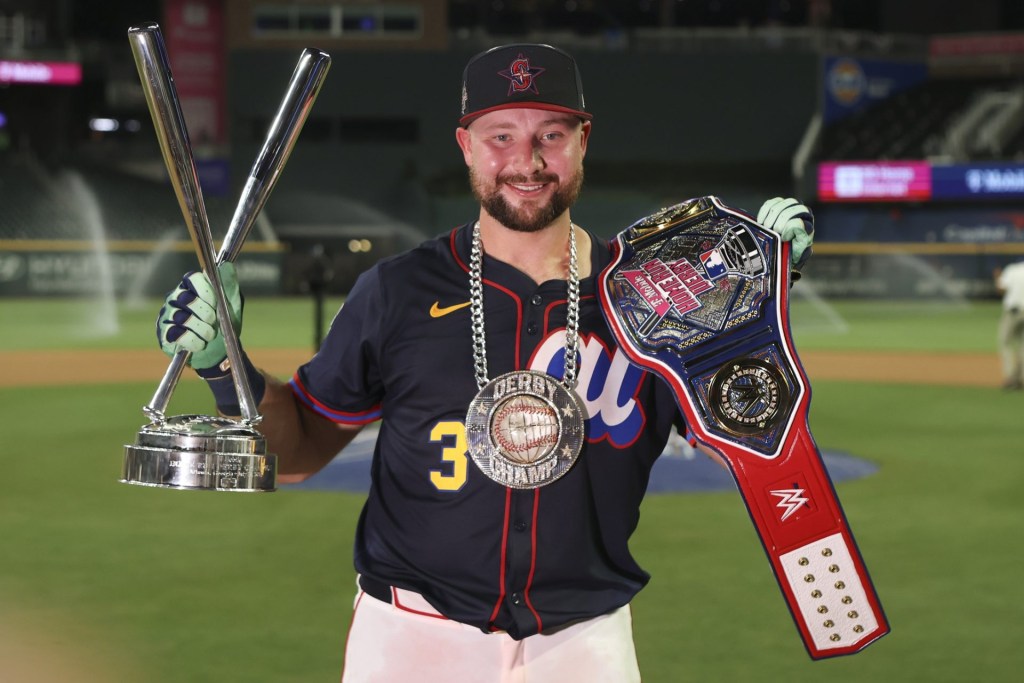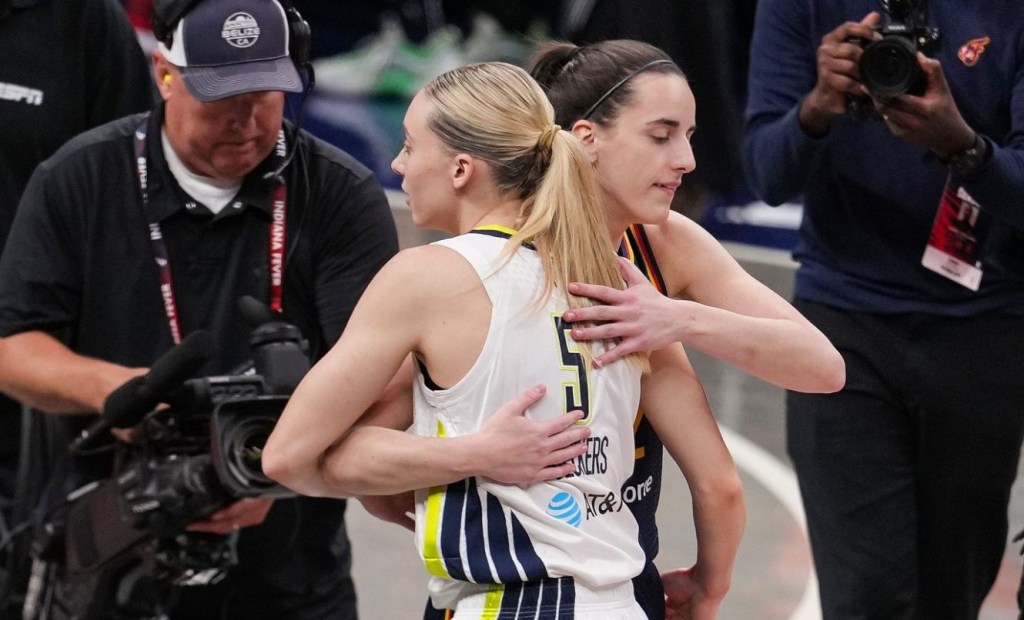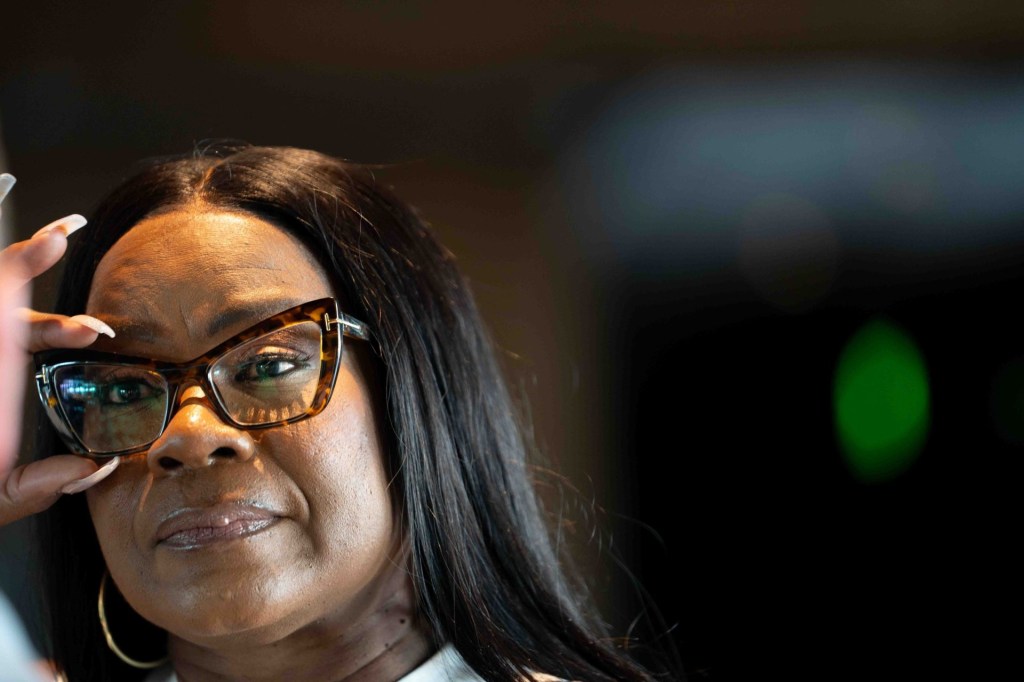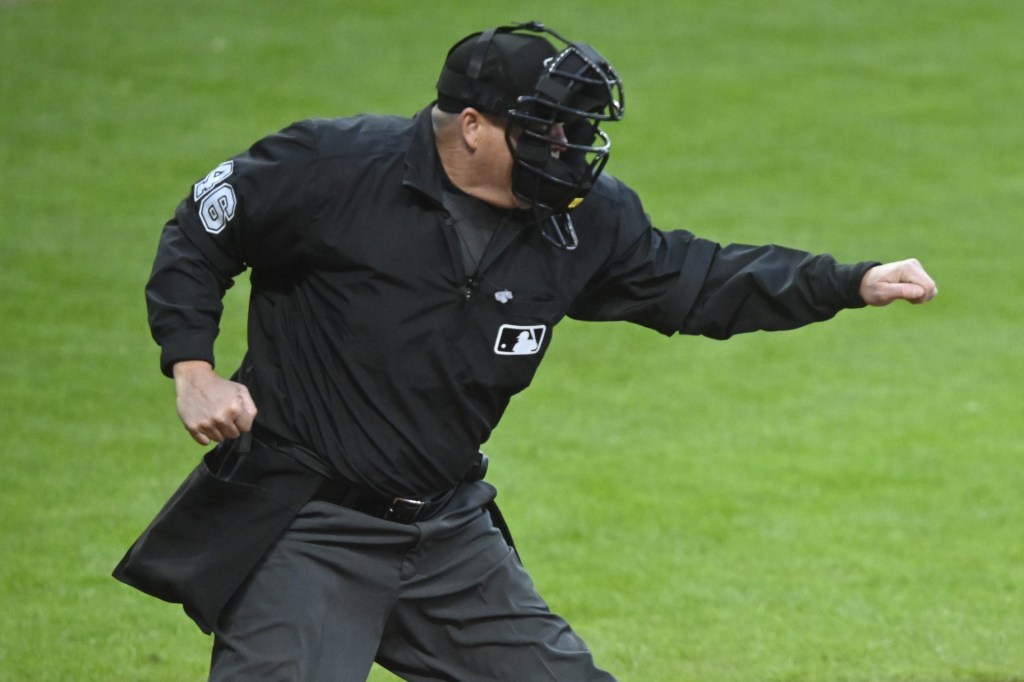By: Adam White, @FOSAdam
Front Office Sports is proud to have the insight of Ginelle Polini the Marketing Coordinator for the Western Hockey League (WHL). She is an alumna of her hometown school, the University of Calgary. There, she majored in International Business, with a focus on marketing and strategic management. She is planning to return to school to obtain an MBA or Masters degree in a sports related program. Below you’ll find great insight on many topics including marketing and being a female in the sports industry.
What were your previous positions if any prior to your current position?
Previously I was an intern at the Western Hockey League before working here full time after I completed my degree. During school I also worked part-time with the Calgary Minor Soccer Association, assisting with their tournament operations and player registrations.
What is the average day like for a person in your position?
The Western Hockey League falls under the Canadian Hockey League (CHL) which comprises of three major junior hockey leagues, our league (WHL), the Ontario Hockey League (OHL) and the Quebec Major Junior Hockey League (QMJHL). The CHL is one of the top suppliers of talent to the National Hockey League.
At the league level (WHL), my role is to satisfy all sponsorship obligations and marketing objectives for our 22 Clubs across Western Canada and the Northwestern US. We have national partners for the entire CHL, in addition to regional partners for the WHL. Much of my day is very much “relationship management” with the number of contacts, sponsors and suppliers we are in touch with on a daily basis. My objective in my role is to create a positive relationship with each of our Clubs’ Marketing Staff through open lines of communication and ensure the highest level of servicing for our corporate partners and their sponsorship requirements.
What are the day to day challenges of your position?
One of the biggest challenges we face is how we can service corporate sponsors in the best possible way while still adding value to fans. Since our league has such a wide geographical spread of four Canadian Provinces and two U.S. States, we have to be able to accommodate venues and fans in each of those areas. Sponsors want the most “bang-for-their-buck” and finding that balance takes a lot of negotiation and compromise.
Once it is time to execute, that is where you see your ideas come to life — When I see our contests and promotions run full-circle, it makes the challenges along the way very valuable learning lessons that can be incorporated moving ahead into the next season.
What drew you to being a part of the marketing aspect of sports?
I love sports marketing because you can engage with fans, sponsors, and athletes in so many different ways. There’s the in-venue aspects of watching a game live, then the extension of out-of-game marketing aspects such as online applications and social media. I love the multiple dimensions of the industry and how it’s rapidly changing!
What is your favorite part about working in the sports industry?
My favorite part about this industry is interacting with so many influential people on a daily basis and learning new ways to engage with fans and with our partners. Sport creates its own community, bringing different people together through the passion of the sport and I’m glad I get to be a part of that.
What does the WHL do differently in terms of marketing efforts than other leagues?
Junior hockey fans are incredibly passionate about their teams. We’ve been able to extend this notion into our overall marketing objectives to relate to our fans, and with our 50th Anniversary approaching in 2015–16 we have some exciting initiatives in the works!
How do you see sports marketing changing over the next few years? What changes would you like to see occur?
The industry is so interesting because it is changing so rapidly. Sponsor activations are becoming more and more complex as corporations start to see the value of their spending in sports. Technology is becoming a vital piece to fan engagement in sports; I believe it’s a trend that will continue to influence the industry in the coming years.
How much did internships early on in your career help to get you where you are today?
I was offered my full-time job because of my previous learning from my internship with the league. It’s so important to get a start somewhere (even if it may not be your ideal position), because the networking opportunities and learning lessons that come from an internship are invaluable to kick-starting your career.
What is your ultimate career goal?
Down the road my goal is to work for an international sport governing body, influencing policies and operations that have a global reach (#dreambig)!
What are 5 tips you have for people who are trying to become successful in the sports industry specifically the marketing aspect?
1. Do your research, absorb as much information about the industry as you possibly can.
2. Reach out to those who have experience similar to what your goals are and what you want your own career path to be. In my experience, most professionals are almost always willing to support a young professional starting out.
3. Take each experience as a learning opportunity. There is always something to gain, even from failure or frustration.
4. Be prepared to expand your reach into areas that may not traditionally be considered “marketing.”
5. Be prepared to put in the hours to take your career to the next level.
How important is networking in your eyes?
Networking, in my opinion, is one of the most important skills any professional should embrace. As a young professional, I have been able to build strong relationships by networking with individuals in multiple industries (not just sports) that I look up to. But networking is also two-way street. It’s important to always find ways to help your connections, whether that may be by introducing them to another contact or always showing your appreciation of their advice. A little gratitude goes a long way.
What is the best career advice you’ve been given so far?
I keep this list in the front of my notebook, so I see it each morning when I open up my task-list:
Do not chase: Titles — Money — Imitations — Compliments
Do chase: Opportunity to Help — Your Passion — Meaningful Work — Being Better & New Challenges
What is it like being a female in a very male dominated industry? Was it harder or easier to find a job? What are some of your tips for women looking to try and make it into the sports industry?
To be honest I have never felt marginalized or had my ideas compromised by another colleague solely based on my gender. I believe sport is changing and part of that change is recognizing the value of someone’s skill and experience (whether that person may be male or female). I don’t feel that getting my job was any easier or difficult because of my gender. I believe it came down to the fact that I showed in my initial interview (for my internship) that I was willing to put in the effort to learn as much as possible.
I grew up with two brothers — I never felt different and was never treated differently from them. I suppose that mentality extended into how I conduct myself in my career. I have been one of two females in a room full of over 200 men, and hardly even noticed. Confidence in yourself is a strong quality any woman in sports must embody. A suggestion for women trying to get into sports is not to even classify yourself as a “woman” at all. You are a professional, just like anyone else in the industry, gender set aside. If you can prove that you are the right fit for the job, success will come.
















